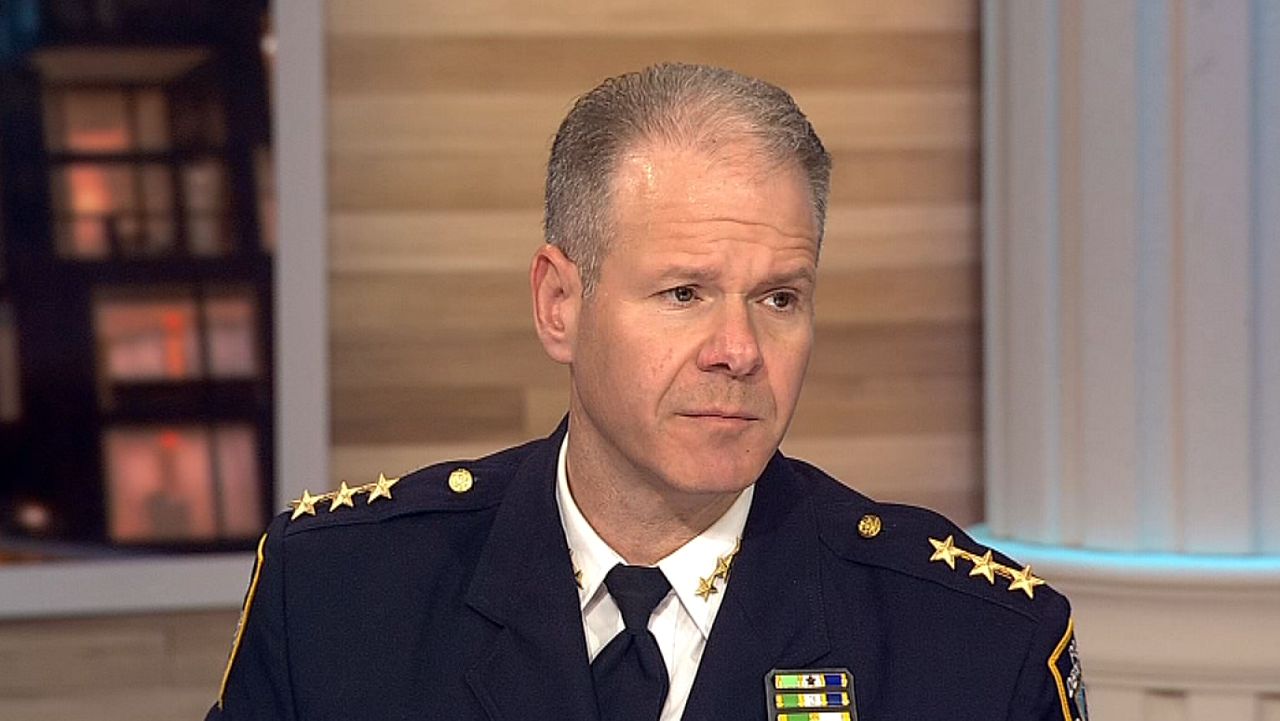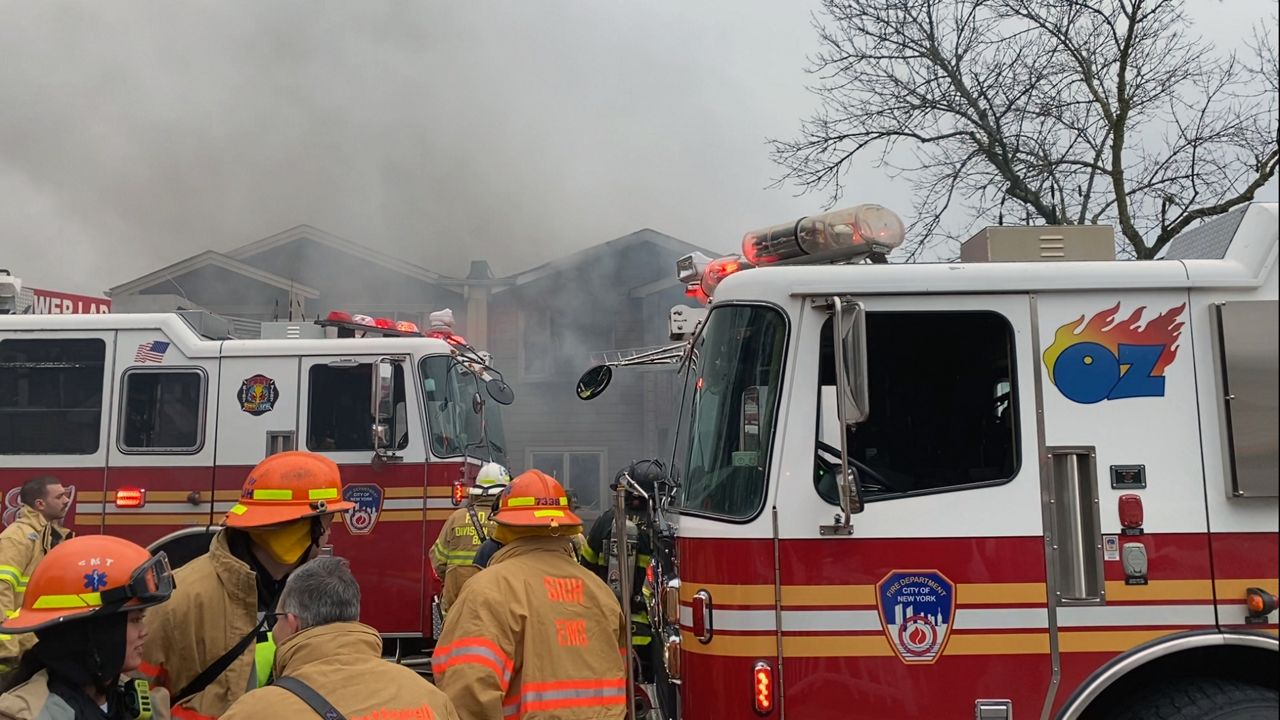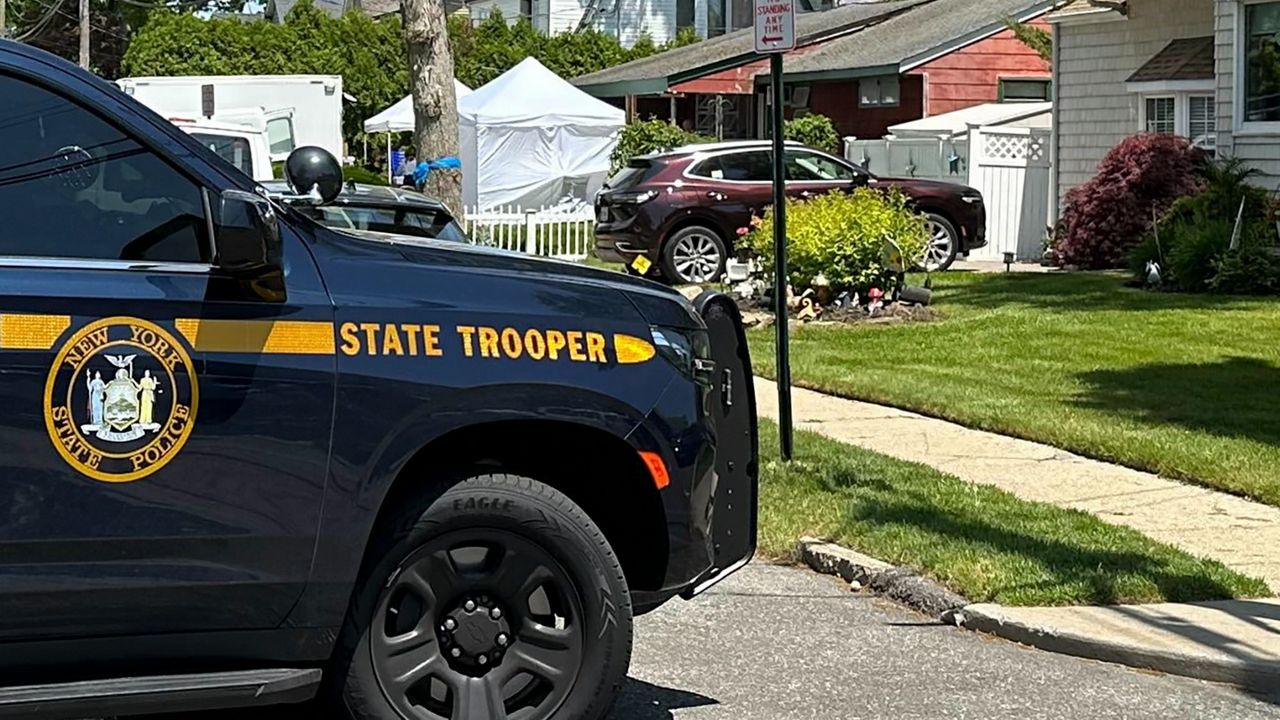NYPD Transit Chief Michael Kemper defended the social media messages he and fellow police leaders shared over the weekend, posts which were heavily critical of a Daily News column on subway safety by Harry Siegel.
"If people are surprised that we have a voice also, then I don’t know what to tell them," Kemper said. "We’re not going to sit back and accept false narratives."
After an incorrect statistic was published in the op-ed, one post from the @NYPDnews account dubbed the journalist Harry "Deceitful" Seigel.
During an interview on "Mornings on 1" Monday, Kemper explained that his response was correcting a false narrative that was written and at the end of the day the Daily News did correct the error."
However, independent journalist Talia Jane believes that "they are blowing this minor thing into huge proportion with the intent of quelling critical speech, of giving reporters pause."
Siegel didn’t want to respond to the attacks, but he isn't the first journalist to be called out by name by NYPD brass online in recent weeks.
Talia Jane faced questions over her work earlier this year in posts by the NYPD's chief of department and deputy commissioner of operations, posts that were later deleted.
Columbia University law professor Jeffrey Fagan says that when police officers criticize journalists online, "it is an attempt to deter speech in the form of journalism."
Message to the @NYDailyNews and to @harrysiegel, the author of this article. Your readers deserve more accurate reporting. This article is filled with misleading and straight up false information. Here’s just a few inaccuracies … there’s more … but let’s start:
— NYPD Chief of Transit (@NYPDTransit) March 31, 2024
1. The article… https://t.co/wfjBuGz1DJ
Last month during a City Council hearing, NYPD leaders were grilled over the department's social media policies.
Assistant Commissioner Carlos Nieves told councilmembers that "our executives, precinct commanders, are given access to social media accounts in order to inform the public in the area that they cover."








_CGPKG_Rally_-_Bx_Kawaski_Trawick_Shooting_CG_1)